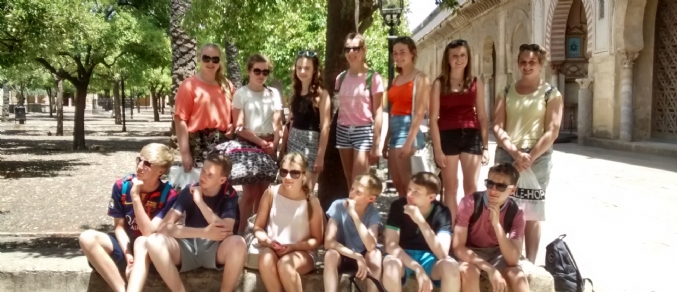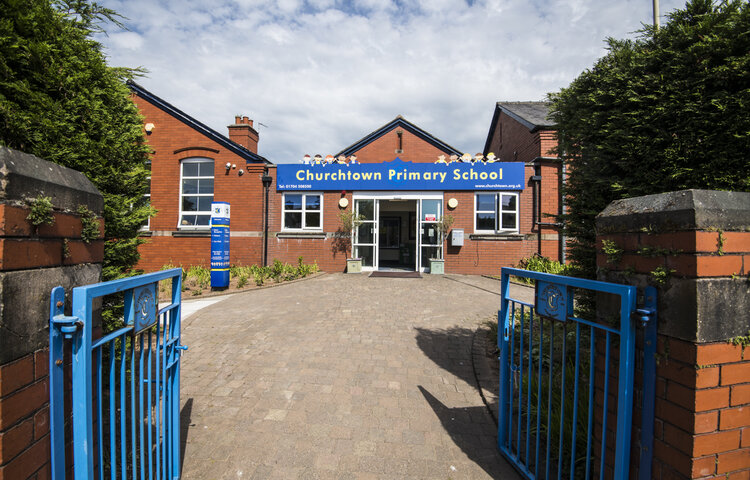Modern Foreign Languages

“If you talk to a man in a language he understands, that goes to his head. If you talk to him in his own language, that goes to his heart”
Nelson Mandela
Our MFL curriculum will inspire young people to become global citizens with inspirational teaching at its core. We aim to broaden young people’s vision of the world, develop their cultural awareness and foster a lifelong love of language. In both Key Stages, we focus on the four key skill areas in MFL: Listening, Speaking, Reading and Writing. We use a variety of techniques and strategies in our lessons to make our lessons interactive and memorable. The use of Chromebooks in the classroom also enhances pupils’ learning experience.
Key Stage 3
Students in Year 8 will be the first cohort to experience the brand new GCSE exams in Modern Foreign Languages in 2026 and for this reason we have decided to adapt our curriculum for Years 7 and 8 to better prepare them for a very different GCSE course and exam. The new course focuses on the three foundational aspects of language knowledge: phonics, vocabulary and grammar.
Unlike the traditional courses the new Key Stage 3 course is based upon a strong foundation of grammar skills not topics, and the vocabulary taught is selected based on its frequency. The languages teachers are all committed to make the course a success for our students and aim to make lessons just as enjoyable as ever, incorporating as many opportunities for cultural learning experiences as possible.
Students in Year 9 will continue with the legacy topic-based Spanish course since they will go on to follow the Legacy GCSE examination course. They will learn about a variety of important topics in year 9 relating to young people’s interests, their future aspirations, health and global issues such as the environment, human rights and fair trade. Those who opt to study French in Year 9 will follow a bespoke course which aims to fast-track their learning, built on a firm base of grammar knowledge, key vocabulary and essential phonics tuition, in order to ready them for the challenge of the GCSE course. Those who opt to take a second language often quickly excel because of the sound knowledge & skills base they have acquired through studying Spanish, another Latin-based language, for 2+ years.
Key Stage 4
At Key Stage 4 we follow the Edexcel GCSE syllabus. Students consolidate and enhance their knowledge of the fundamental grammar rules and structures, along with learning the language based on the topics from the GCSE specification. There are 5 over-arching themes at GCSE: Culture and Identity, Education, Local area & Travel, The world of work and the Global Dimension.
The GCSE is a linear examination and all four skills are examined separately. The examinations take place at the end of Year 11 and are equally weighted:
Listening – 25%
Reading – 25%
Speaking – 25%
Writing – 25%

